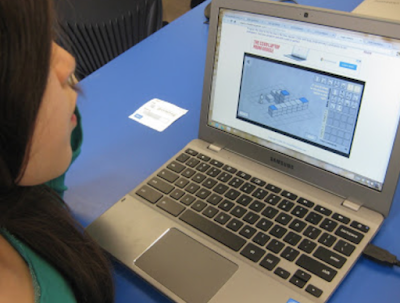Hello!
How are you? Here is the final writing assignment for our class this year.
Review of
topics
For our final writing
assignment, you have a choice of themes!
From September, we wrote about these themes:
- Cause and effect
- Future jobs, careers, lifestyles, and places to live
- Issues
Task
For the final
assignment, I have two very different, but equally interesting themes for you. Choose one (1) of them:
- Cause and effect
(choose one (1) of these) – explaining a scientific or technical principle (such as
a complex chemical or mechanical process or reaction).
- Opinion
writing
on a different topic or issue than
what you wrote about before (such as something
in the news about Japan or the world - or
- your hometown or the place you live in, something in the university here,
or something science- or technology-oriented).
Important note:
It is very important that you do not write about the same thing you wrote about
before! I can suggest some topics for you if you need them.
How much to write
I’d like you to write as much
as you can, at least 4-5 paragraphs' worth of writing.
Deadline (締め切り)
It will be on January 21st, 2019 (1/21/19). I want you to work on your first draft (下書き) in class
today in your notebooks in pencil, plus work on this outside of class.
I do not expect you to work on this during the holiday, so do as much as you can outside of class, with next week (12/24) also as an open class writing day. Please let me see your rough drafts, and I can give you comments, advice, and suggestions about it.
(If you work this way - do as much as you can both in-class and outside of class this week, plus work in-class next week, then you may not have to do anything over the holiday!)
Special note:
The final version must
be typed up on a Word document, with the correct formatting as I have shown you
before about name, class, period, and that it is the final writing assignment,
with a title and the correct spacing, and handed in on January
21st.
Good luck with this! I look forward to reading your
great writing on these themes!
Image: By cogdogblog - https://www.flickr.com/photos/cogdog/16597284924/, CC BY 2.0, https://commons.wikimedia.org/w/index.php?curid=56947733


















